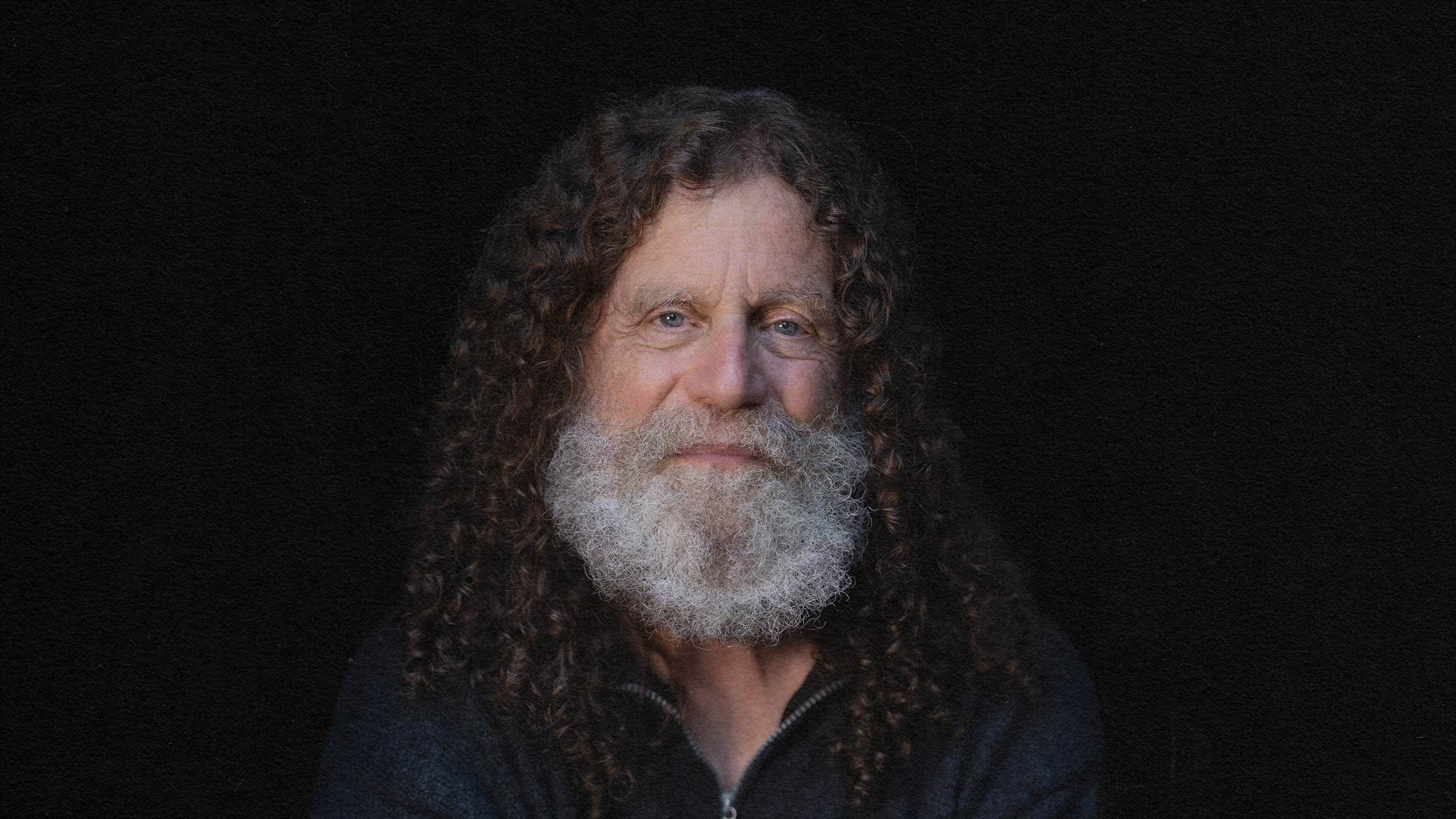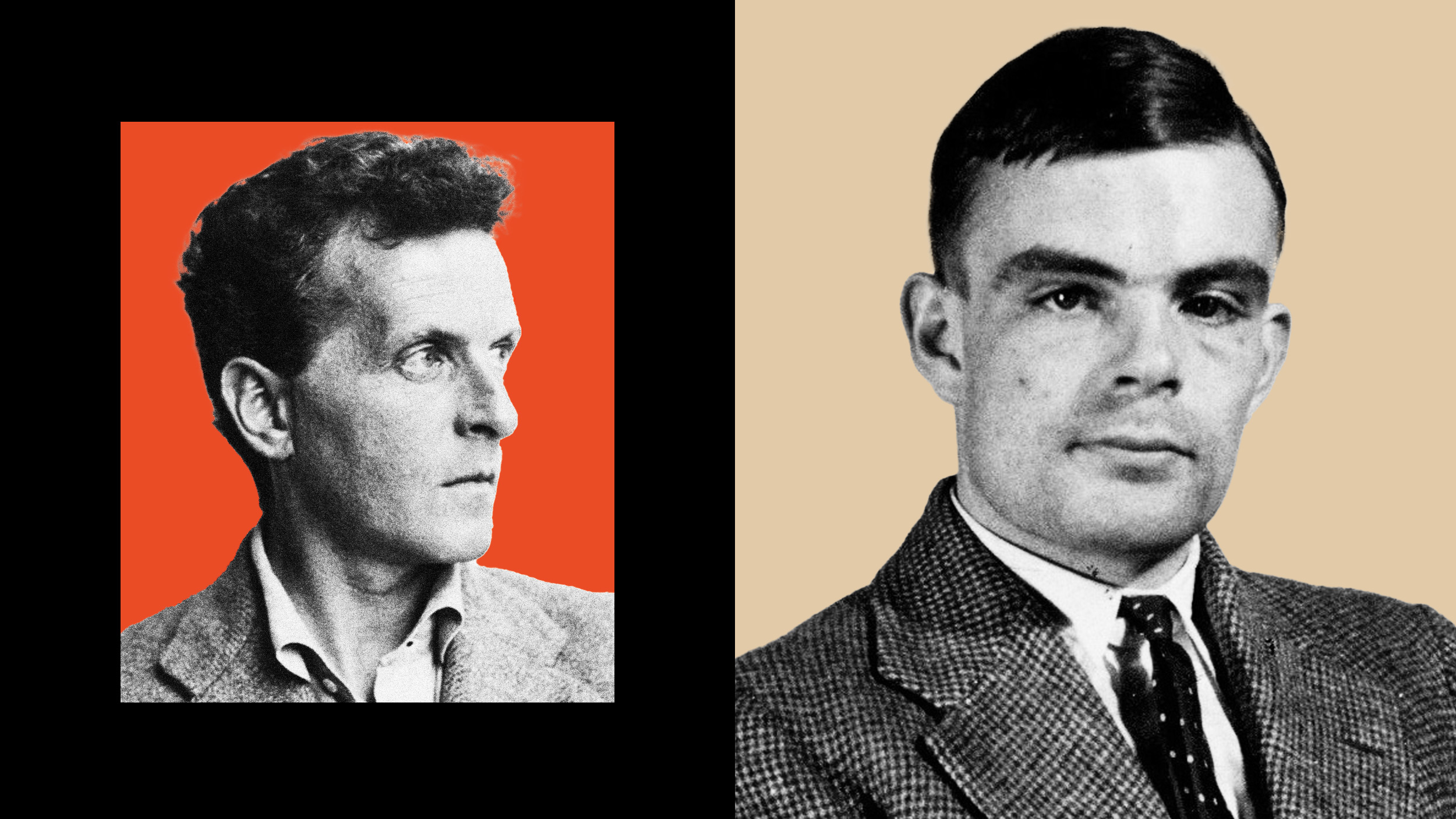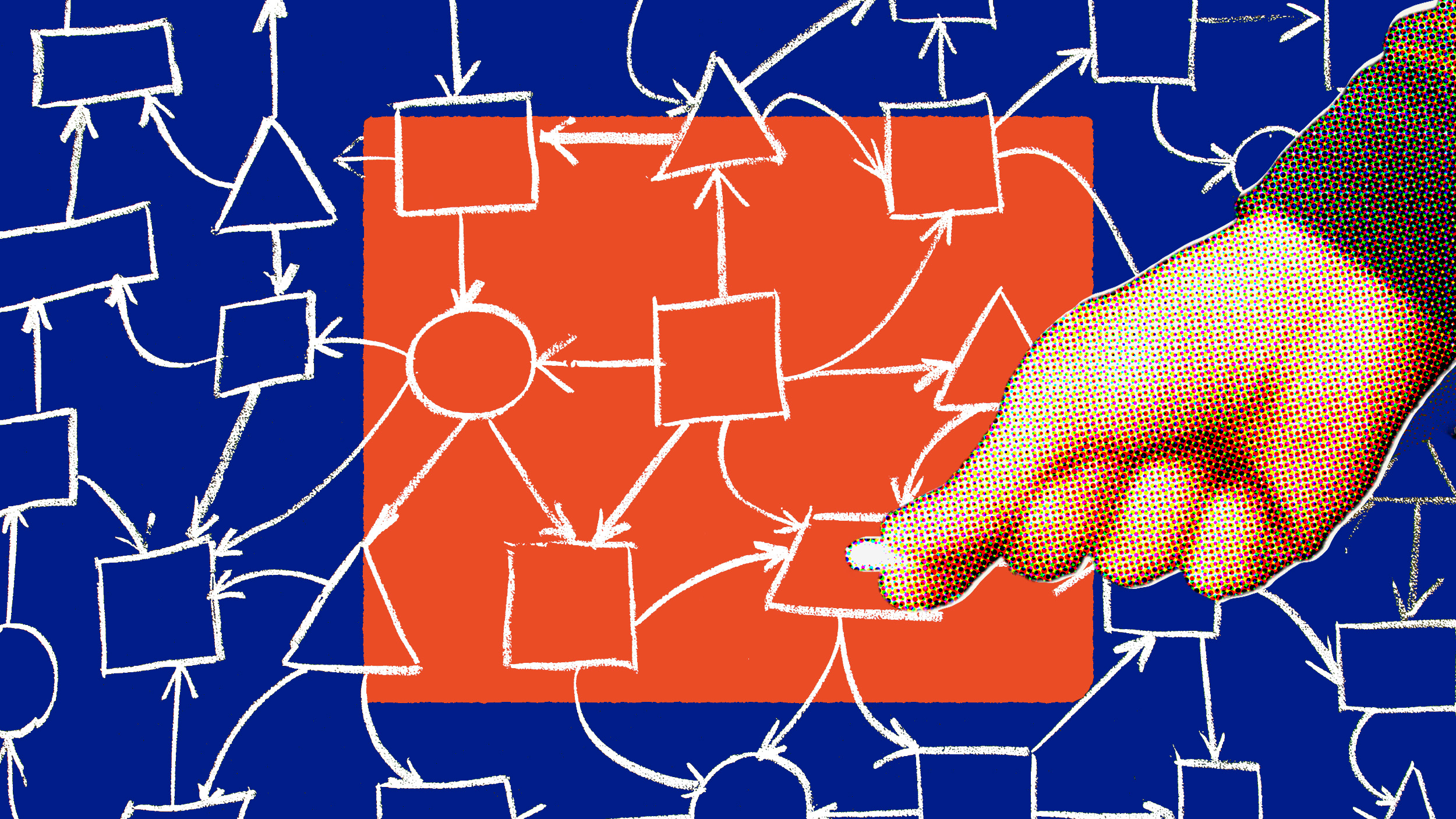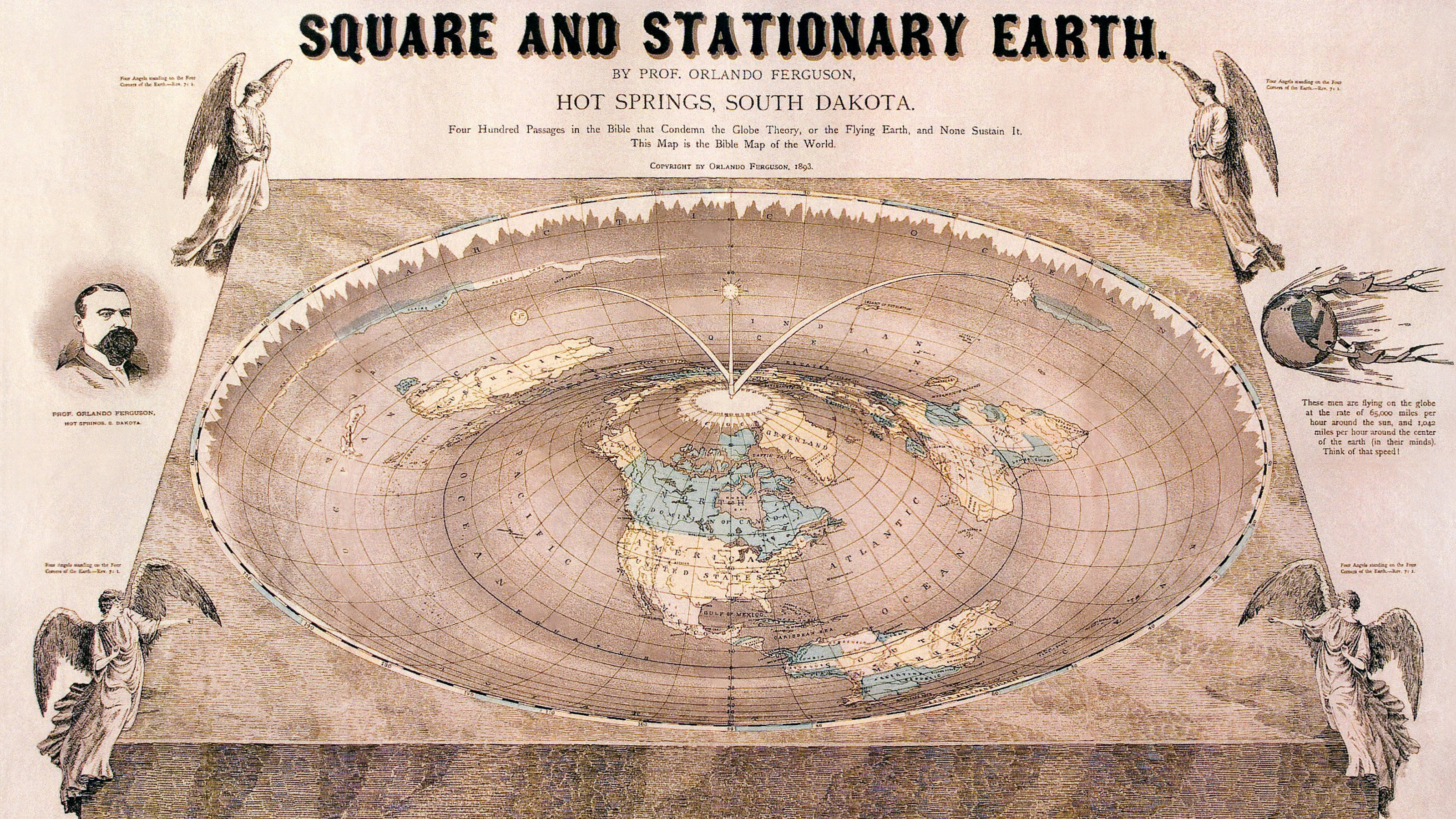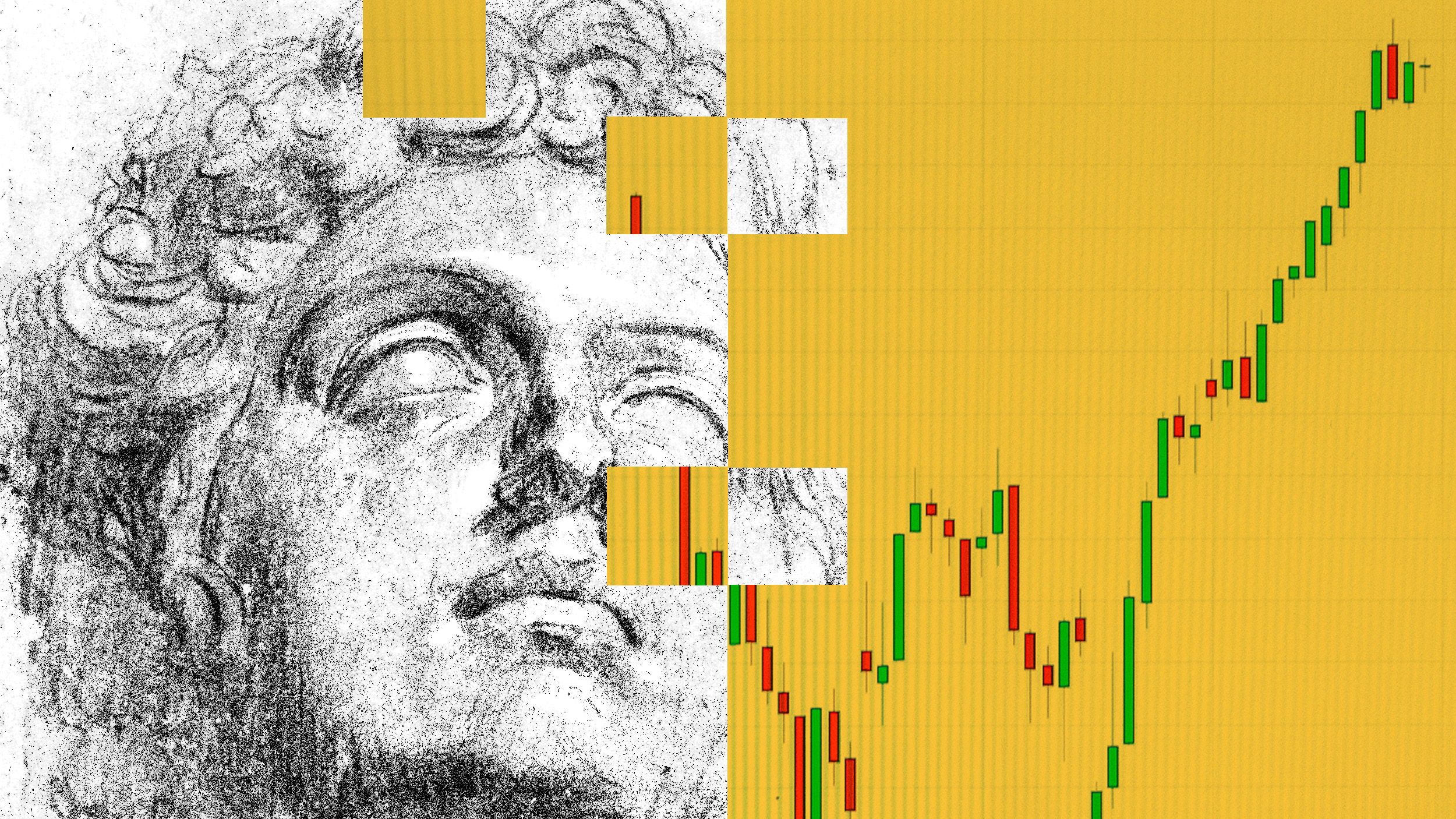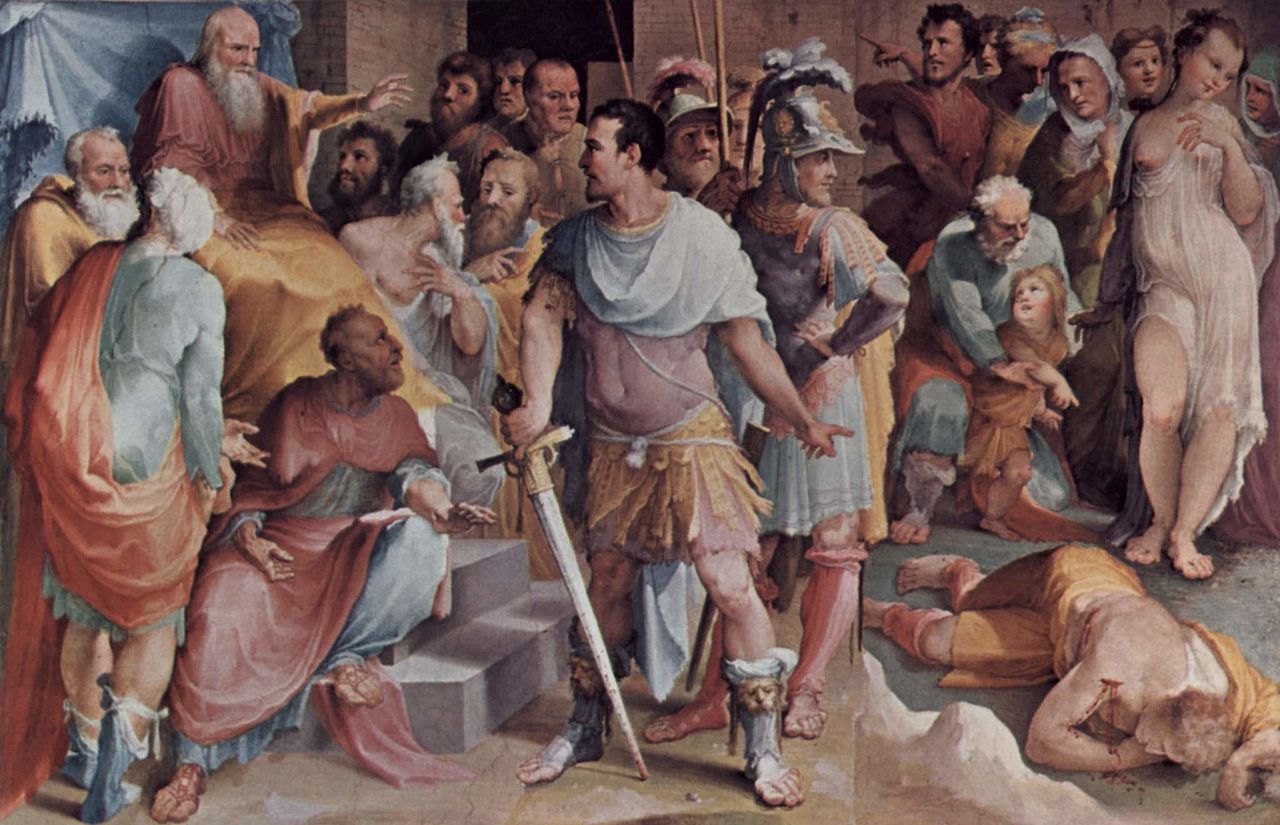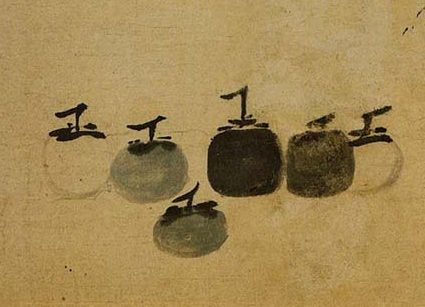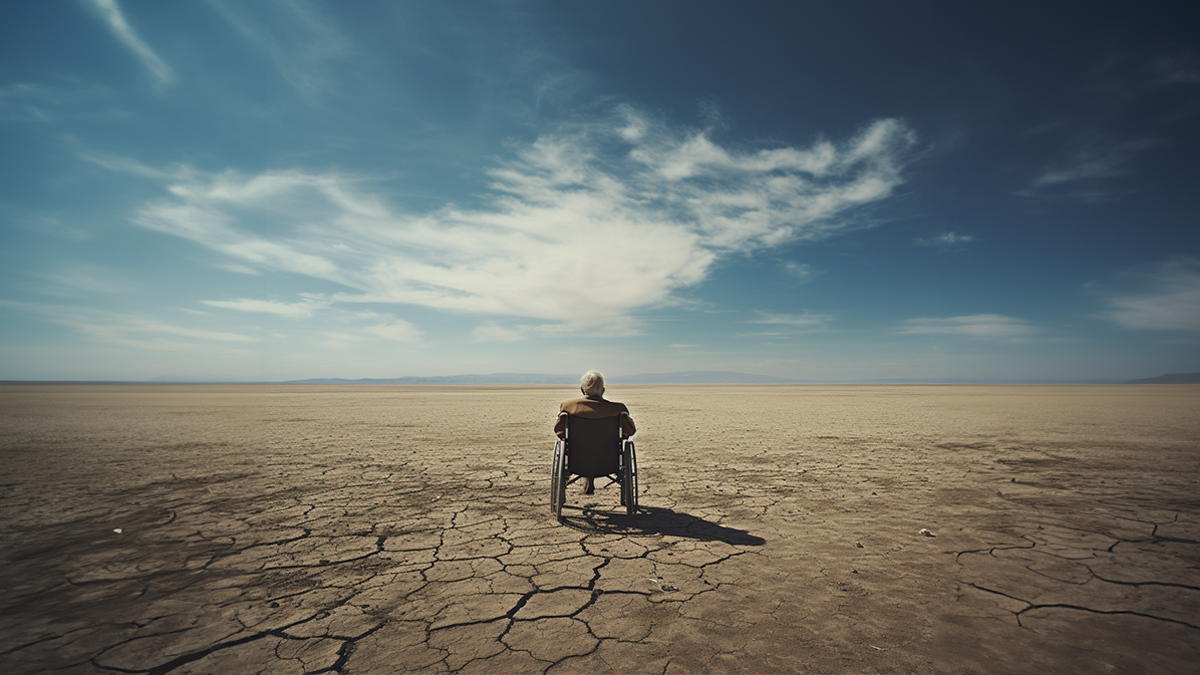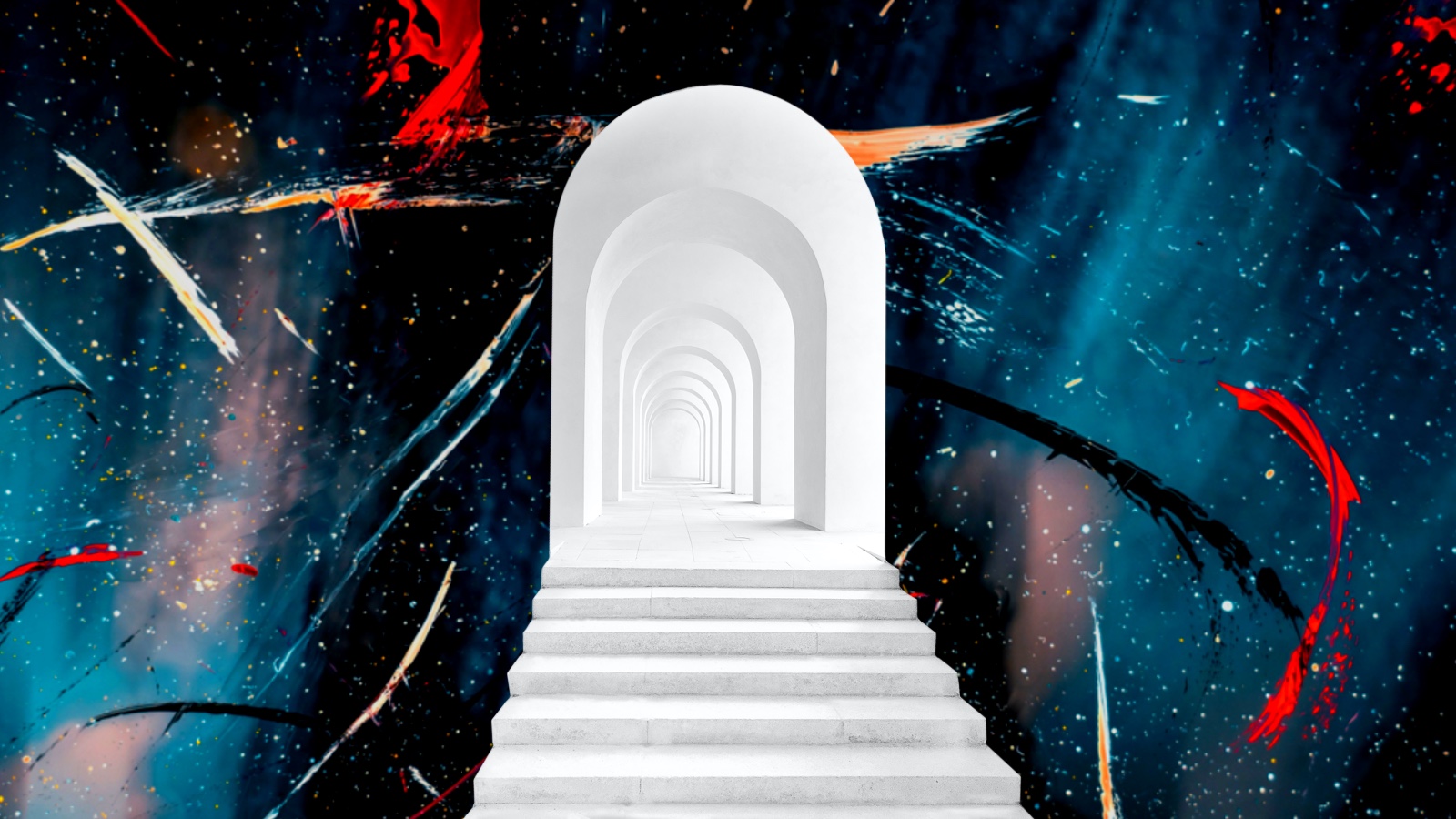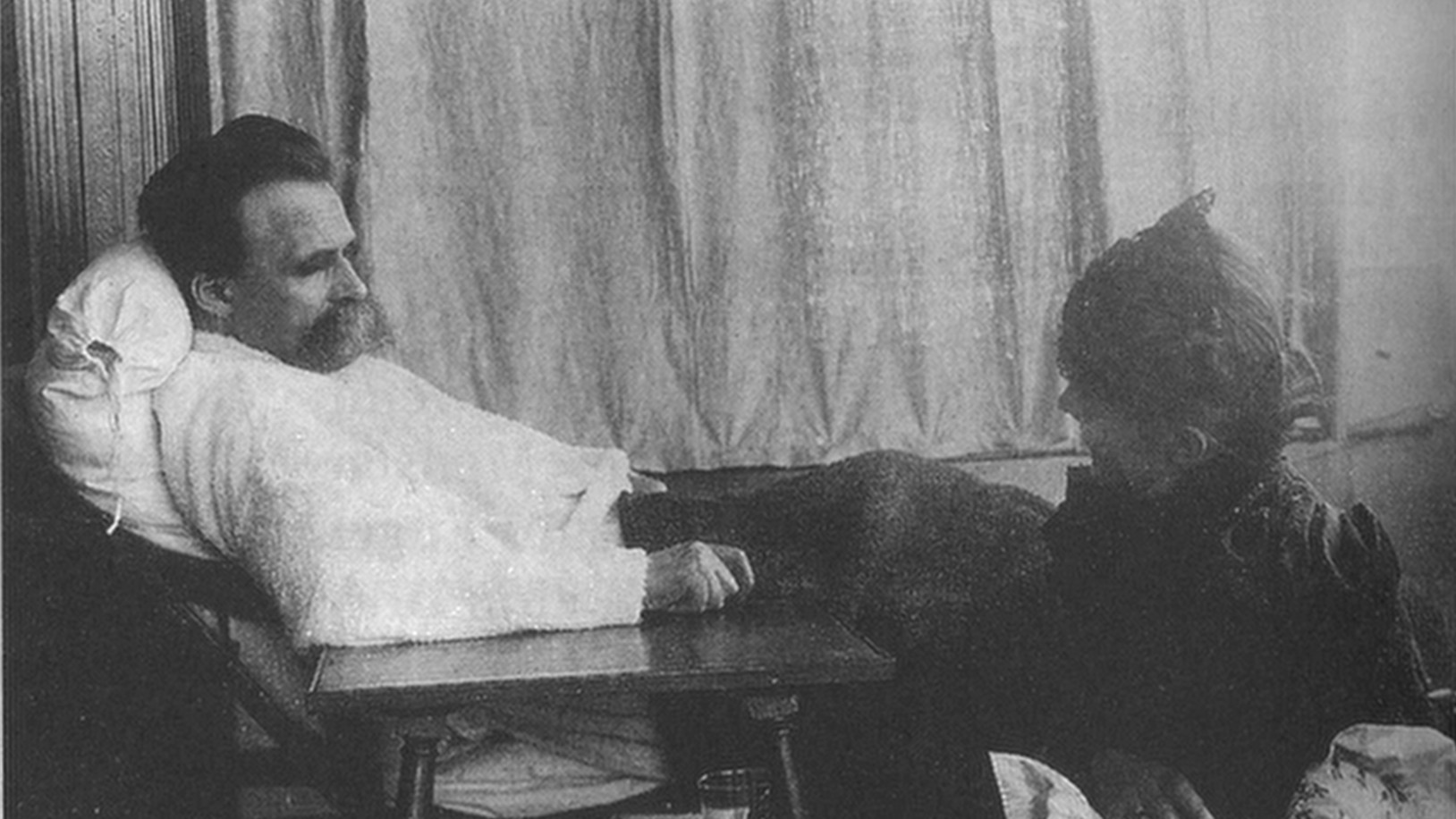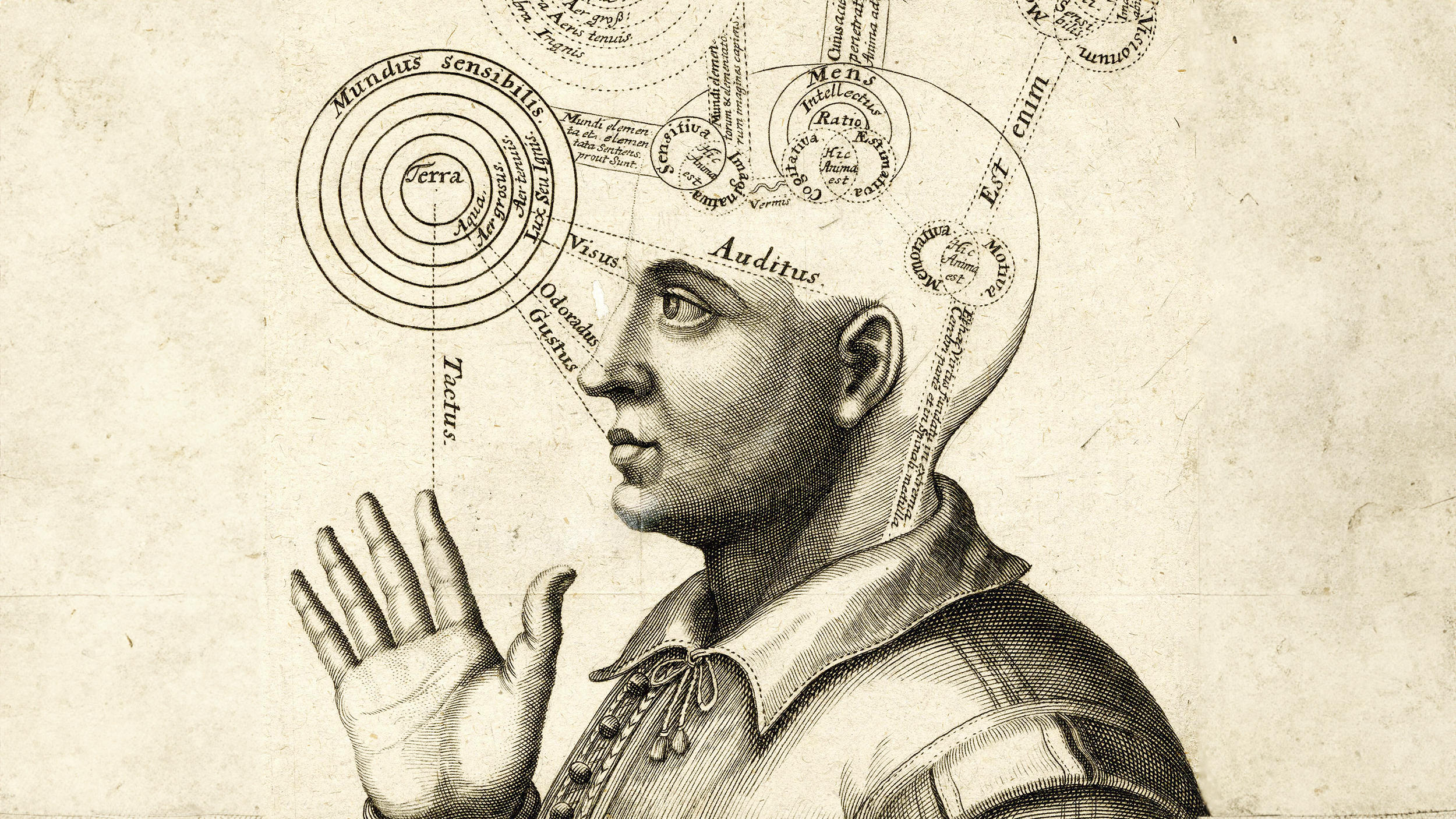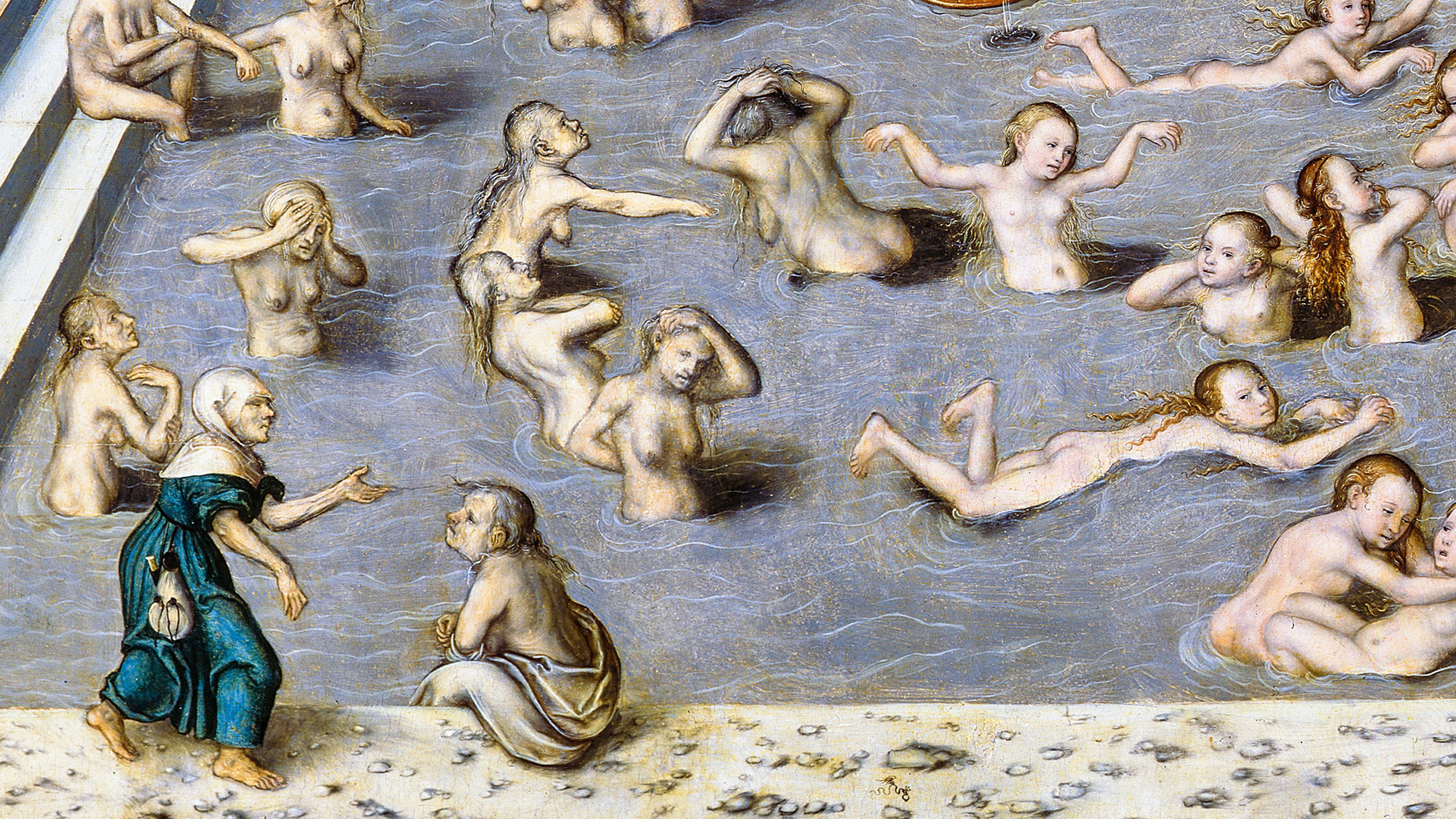philosophy
A volley of new insights reignites the debate over whether our choices are ever truly our own.
In pre-War Cambridge, students had to ace an interview with Ludwig Wittgenstein to attend his lectures — Alan Turing passed that test, and went on to create one of his own.
A controversial new philosophy paper tries to bring our moral prejudices to heel. Should it?
While Taoism can be paradoxical and abstract, it also offers daily life lessons.
Acting “little and often” has huge consequences and they’re not always good — but awareness yields solutions.
Narnia and early Middle-earth were pancake-esque — but their creators took differing views on de-globalization.
The essential element needed for innovation is creative dissonance — and the keys to unlocking it were forged by bankers in Italy.
Lockdowns moved the burden of COVID from the at-risk elderly to the less-at-risk young. Does this sacrifice merit compensation?
“I grew up in New Jersey in the 1970s and that experience gave me everything I needed to become a skeptic.”
Long before the birth of Julius Caesar, the Roman Republic appointed all-powerful dictators to protect their state in times of crisis. They were remarkably self-restrained and obedient to the Roman Constitution.
‘Six Persimmons,’ an ink painting by the Chinese monk Mu Qi, has long been hailed as the poster child of Zen Buddhism. But is its reputation deserved?
Perhaps the most remarkable fact about the Universe is simply that it, and everything in it, exists. But what’s the reason why?
An influential series of books argues that the history of the world is the history of generations. Is it right?
That completely useless thing you want to get rid of — it’s probably more important than you think.
Two of the answers add a dimension to physics that doesn’t belong there. Maybe we could call it “astrotheology.”
Our host Kmele went inside Fermilab, America’s premiere particle accelerator facility, to find out how the smallest particles in the universe can teach us about its biggest mysteries.
▸
38 min
—
with
In hospice care and hospitals, we prioritize those with more life to live over those who are terminally ill. What is that, if not prejudice?
We need a hypothesis that accounts for both the fine-tuning of physics for life but also the arbitrariness and gratuitous suffering we find in the world.
Dispatches host Kmele Foster is on a journey to understand humanity’s role in the cosmos. His first stop? The Atacama Plateau in Northern Chile, home to the darkest deserts and largest telescopes on earth.
▸
35 min
—
with
Discover the ancient wisdom of not pushing the river.
“If we find just one other example of biology out there, then life is not an accident.”
“To take this in, you need to ride inside the mathematical symbols.”
Science and philosophy seem to be separate fields, but philosophical advancements have made the world more accepting of debate and unorthodox ideas.
The great philosopher spent the final portion of his painful life in a vegetative state. Did illness get him there, or was it his own philosophy?
Neural imaging has shown that the brain has “decided” what we’re going to do before we make a conscious choice — but is this even relevant to free will?
Ideas that seem wildly controversial today may move humanity towards progress. Philosopher Peter Singer asks —how do we keep them from being stifled?
▸
6 min
—
with
Intrinsic motivation cannot be imposed on a team — but you can provide the right culture for it to flourish.
Even if a leading theory of consciousness is wrong, it can still be useful to science.
Is immortality a tantalizing possibility or a philosophical paradox?
The answer may lie in the power to see far, far beyond yourself.
